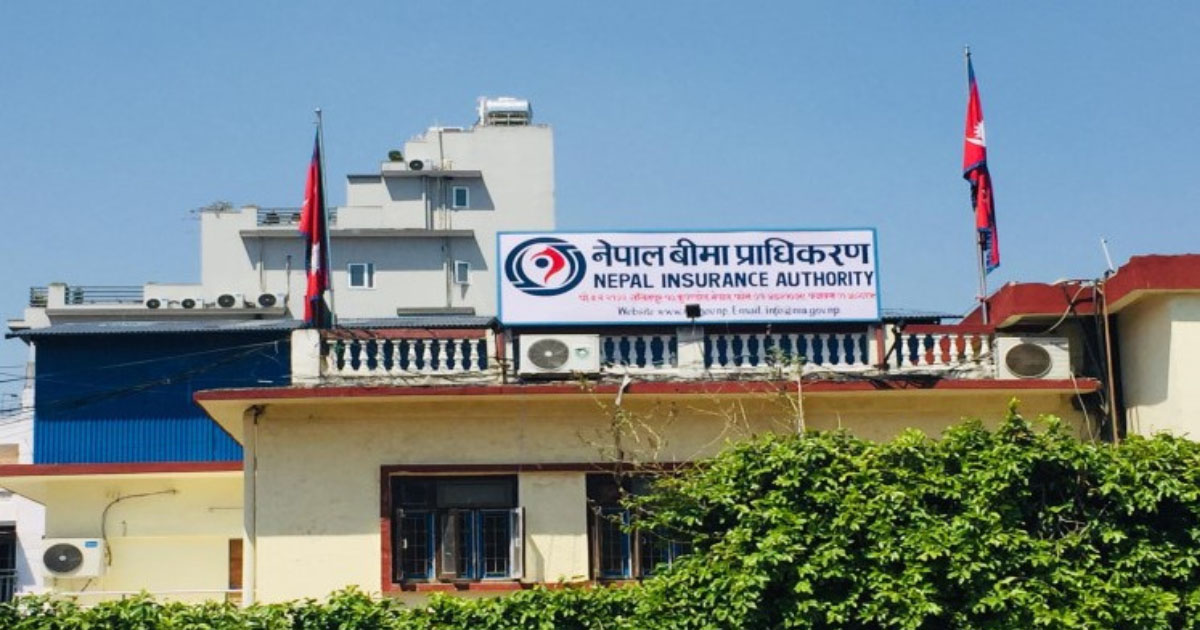Five Decades On, Nepal’s Life Insurance Practices Still Runs on Foreign Actuaries

Kathmandu – Despite over five decades of insurance practices in Nepal, the country continues to rely heavily on foreign expertise for actuarial valuations, raising concerns over financial sovereignty, data privacy, and regulatory efficiency. Almost 98 percent of actuarial valuations conducted by life insurance companies in Nepal are still outsourced to India, with a few companies opting for other third countries due to the complete absence of certified actuaries within the country.
The practice dates back to the early operations of the Rastriya Beema Sansthan, established in 2025 BS, which first introduced the concept of actuarial valuation in Nepal. Although the corporation was restructured under a specific act in 2026 BS, its technical reliance on India for actuarial science never diminished even as the country transitioned from a monarchy to a democratic republic.
The actuarial valuation, a critical process in life insurance that assesses liabilities and determines reserves, remains an annual regulatory requirement. However, Nepal lacks a single local institution or accredited individual to perform such tasks, forcing insurers and even major government entities like the Employees Provident Fund to outsource actuarial services to Indian firms.
Following the democracy restoration in 2046 BS, Nepal witnessed a rise in private insurance companies, prompting the then Insurance Board to shift from conducting valuations every three years to annually. The regulatory reform, introduced by Dr. Fatta Bahadur KC during his tenure as chairman of the Insurance Board in FY 2067/68, brought much-needed transparency and consistency. Life insurers were mandated to complete their actuarial assessments by month of Ashoj, submit reports by month of Mangsir, and conclude annual general meetings by mid-Poush.
However, the shift to an annual system did little to solve the structural bottleneck—Nepal still had to rely on foreign actuaries. While insurance companies acknowledge the professionalism of Indian actuaries, they also admit to critical limitations: the lack of legal jurisdiction over foreign professionals, vulnerability to data leaks, and delays caused by cross-border communication.
Industry insiders argue that Nepal’s overdependence on foreign actuarial services not only threatens the confidentiality of financial and strategic data but also restricts the growth of homegrown actuarial science. Moreover, insurance companies are unable to independently validate innovative product designs or pricing structures without seeking external actuarial approval which lead to often exposing them to the risk of intellectual property theft.
Even the Nepal Insurance Authority, the sector’s primary regulator, conducts its actuarial activities through Indian firms which undermines Nepal’s regulatory independence and causes substantial capital outflow from the country every year.
Calls are growing louder for Nepal to invest in actuarial education and establish a national institute for actuarial science. Without such infrastructure, the country’s insurance ecosystem may remain technologically dependent and exposed to regulatory blind spots, despite its rapid expansion and economic potential.
